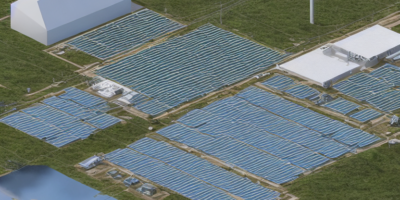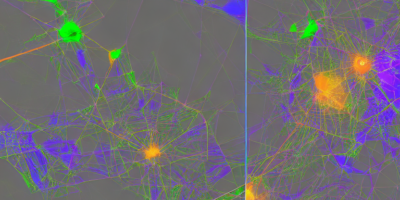As our planet faces the consequences of global warming and climate change, it’s crucial that we take immediate action to address these issues. One key strategy is to transition the majority of our energy consumption to electricity and supply it mainly from renewable sources like wind and solar power. This approach can significantly reduce greenhouse gas emissions and help mitigate extreme weather events like floods, storms, and droughts.
To make this transition possible, we need to develop control algorithms that can manage the flow of electricity over specific lines with higher priority. Researchers have proposed several heuristic line algorithms that can simplify complex power system calculations into easier-to-understand control objectives. These algorithms are based on simplified models of power systems and can significantly reduce system losses, such as those seen in DR (Demand Response) programs.
While traditional control algorithms like the ones proposed in this study have their merits, machine learning-based approaches are increasingly outperforming them. Therefore, further research should focus on collecting datasets for various tasks related to power flow, optimal power flow, phase imbalance control, and renewable generation curtailment. This will enable the design of more sophisticated artificial intelligence and machine learning models for these applications.
In summary, transitioning to renewable energy sources is a critical step towards tackling climate change, and developing efficient algorithms to manage electricity flow can help make this transition possible. By simplifying complex power system calculations into easier-to-understand control objectives, these algorithms can significantly reduce greenhouse gas emissions and help mitigate extreme weather events. As we continue to explore new technologies and approaches, it’s essential that we prioritize the development of machine learning models for various tasks related to power flow and optimization to ensure a sustainable future for our planet.
Electrical Engineering and Systems Science, Systems and Control
Machine Learning-Based Approaches for Energy Efficiency in Power Systems



